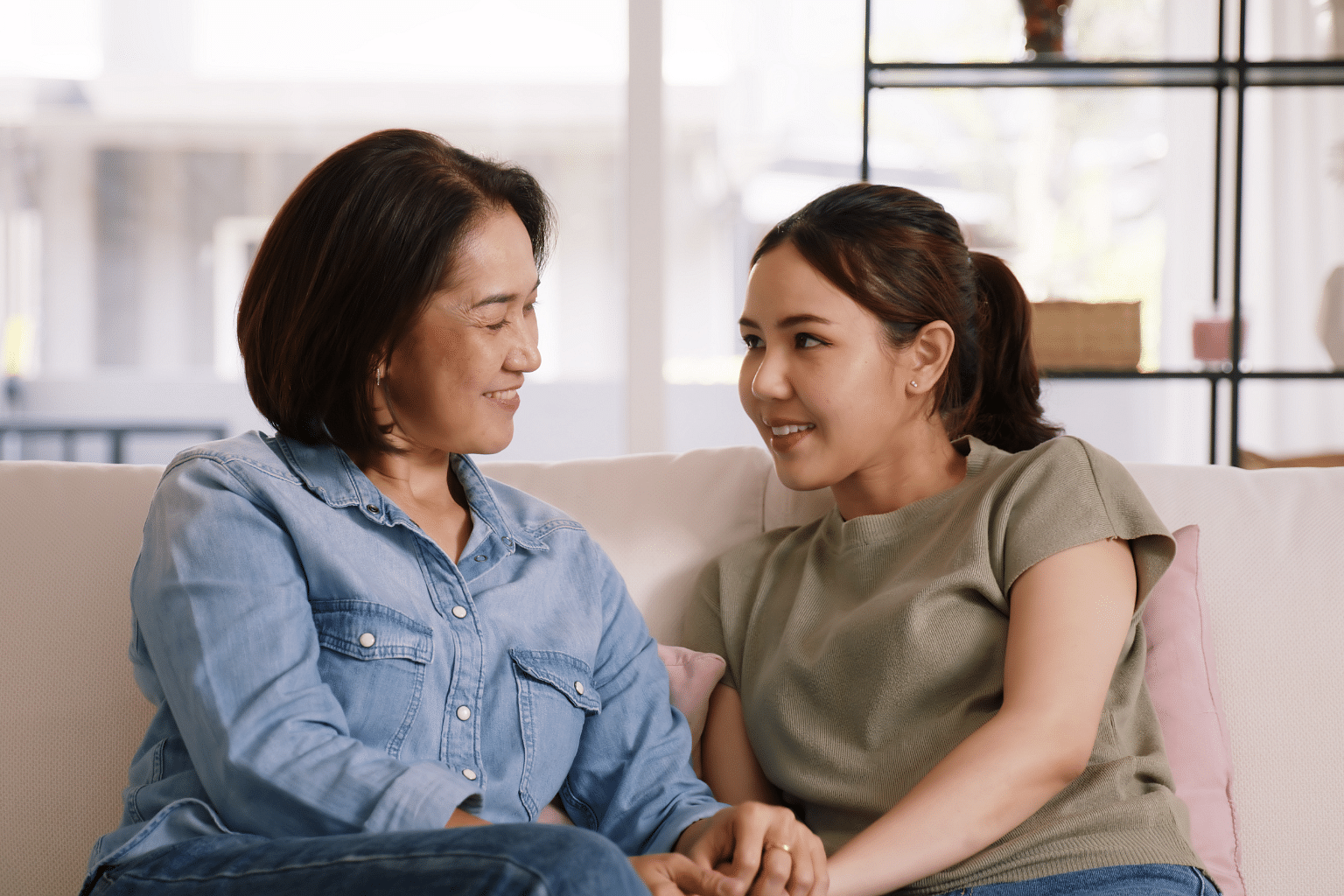Cannabis may have been legalised for medical and recreational uses in some countries, leading some youth to think that it is a “soft” drug that is not harmful or addictive.
But here is the hard truth: there is no such thing as a “soft” drug. Or a harmless one.
Cannabis contains the chemical tetrahydrocannabinol, also known as THC, which can affect your mood by causing feelings of disorientation or paranoia. It can impair your memory and motor functions in the short term as well as alter your brain development and cause chronic bronchitis in the long run.
Also known as joints, marijuana, pot, grass, ganja, weed and hashish, cannabis is the second most-abused illicit drug among new drug abusers here.
According to the Central Narcotics Bureau (CNB), the number of cannabis abusers reached a 10-year high in 2023, with the majority being new abusers – out of the 182 new cannabis abusers who were arrested, 64 per cent of them were below the age of 30.
While a large majority of youths is supportive of Singapore’s zero-tolerance approach to drugs, recent studies have shown that a growing proportion of our young people may hold more permissive views on drugs, especially for cannabis. This is corroborated by the observed increase in new cannabis abusers below the age of 30.
Additionally, findings from the Institute of Mental Health’s 2022 Health and Lifestyle survey showed that the mean age of onset of illicit drug consumption was 15.9 years old, and almost half of the respondents cited cannabis as the first illicit drug consumed.
Whether you’re planning your next family vacation or helping your teen with his/her overseas exchange study, here are some myths about cannabis and how you can help your kid stay clear of temptation, at home or away from it.
Q: My teen says his friend tried cannabis when he was travelling in a foreign country where cannabis is legalised. The friend says it is okay to take drugs outside of Singapore. Is this correct?
Under Singapore’s Misuse of Drugs Act, it is an offence for any Singapore citizen or Permanent Resident to consume drugs in Singapore and also overseas. Any Singapore citizen or Permanent Resident found to have abused drugs overseas will be treated as if he/she had abused drugs within Singapore.
Consumption of a controlled drug is an offence and an offender may face imprisonment of a minimum of one year and up to 10 years, or a fine not exceeding $20,000 or both.
If found guilty, your teen may also run the risk of being suspended or expelled from school.
Q: We are planning a family holiday to a country where cannabis products are legal. How can we prevent ourselves from consuming these unknowingly?
In such countries, there may be cannabis-infused snacks like candies and cakes, or cocktails. Some familiar-looking dishes may also use cannabis in place of the usual vegetables and herbs. Always ask what goes into the food and drinks you order, and study the food packaging to look out for THC signs or cannabis leaf illustrations. Stay clear of known streets or areas with shops that sell cannabis products. Do not accept food and drinks from strangers or unknown sources.

Q: Cannabis is sometimes used in "health" supplements. Is it legal to purchase these edibles since they are not the "raw" form of the drug?
It is an offence to buy and bring these items into Singapore. In countries where cannabis is legalised, some products may contain hemp, hemp seed oil, cannabidiol oil or cannabis oil and be marketed as "health" products.
These products claim to be free of THC, the main psychoactive chemical substance in cannabis that causes users to feel "high", and there are adverse health impacts linked to its use. Cannabis and its derivatives, like THC, are listed as Class A controlled drugs in Singapore.
Also, the botanical name for the hemp plant is Cannabis Sativa. Any products derived from the Cannabis Sativa plant or its seeds can contain controlled drugs such as THC despite the product labels indicating otherwise.
There is a lack of sufficient medical evidence proving the effectiveness of these ‘health’ supplements, and you never know what other harmful substances may be included in these products as well. If you are not careful, your teen may get hooked on cannabis and suffer harmful health effects.
Q: My teen insists that cannabis is a “soft” drug so it’s less harmful and you won’t get addicted to it. Many celebrities and social media influencers make the same claim too.
There is no such thing as a “soft” drug. Trying drugs once is enough to get someone addicted and, in unfortunate cases, the person can even die from the very first try due to unknown and harmful substances in drugs.
Q: What are some of the harmful effects that cannabis can have?
Cannabis has been associated with the development of psychoactive disorders like depression, schizophrenia and bipolar disorders. And as with all drugs, cannabis abusers will experience an insatiable craving for it and will not be able to focus on anything else except feeding their addiction.
For more tips on keeping your teen away from drugs, follow CNB’s social media accounts @CNB.DrugFreeSG or visit www.cnb.gov.sg.



